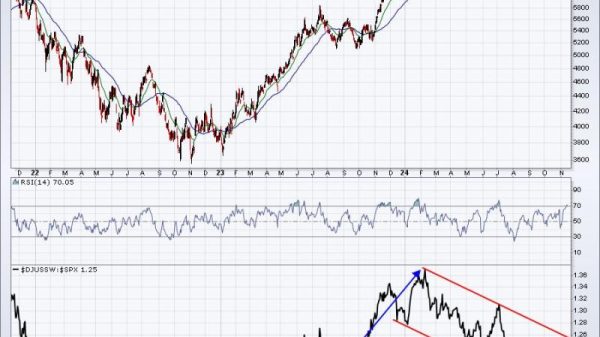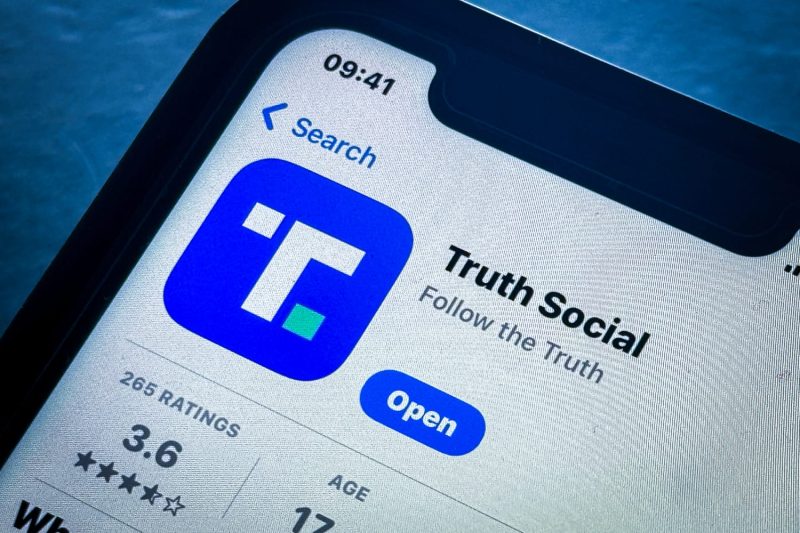In a surprising move illustrating the volatility of the stock market, three significant insiders within Trump Media have recently sold millions of dollars worth of their DJT (Digital World Acquisition Corp) stock. The news has sent waves of speculation across business circles, leading to discussions about its implications on the company’s future.
The high-profile insiders, CFO Luis A. Rodriguez and two others, have reportedly made a hefty profit from the sale. As of now, the specifics of the transaction remain undisclosed, but various sources indicate substantial financial gains for the insiders involved.
This development arrives at a fascinating period for Trump Media and Technology Group (TMTG), a venture by former U.S. President Donald Trump. Established to counter mainstream social media platforms, Trump’s SPAC (special purpose acquisition company) has been a magnet for both proponents and critics. The sale of millions worth of DJT stocks by its insiders has directed the spotlight back onto its operations.
Luis A Rodriguez, who serves as Trump Media’s Chief Financial Officer, is an experienced financial professional with extensive know-how of fiscal transactions. Having held significant positions in multiple companies prior to his current tenure, his decision to sell off a significant portion of his DJT shares has become a topic of intense discussion in business and investment forums.
According to some analysts, selling a sizeable share does not necessarily have to signal a lack of confidence in the company. In numerous instances, company insiders have been known to sell portions of their ownership for various personal reasons, including investment diversification or purchasing assets. Nevertheless, due to the status of the individuals involved and the sum in question, this incident has not failed to raise eyebrows.
Adding to Rodriguez’s sales, the other two insiders, whose identities remain undisclosed, have also taken similar steps. It paints an interesting picture on the inside dynamics at Trump Media’s economic helm. The company, still in its nascent stages, could face ramifications from such internal transactions, or it may simply serve as a regular financial activity in the corporate sphere.
The market, always responsive to such internal actions, reflected mixed reactions. Investors may look at this prominent sale as a time to exercise caution, while others might see it as an opportunity for potential growth. In either case, the stock’s trading activity would undoubtedly stir under the impact of this sell-off.
It’s critical to acknowledge that internal stock sales cannot definitively prognosticate a company’s future. However, the involvement of high-profile insiders in these sales adds an extra layer of intrigue, magn
































